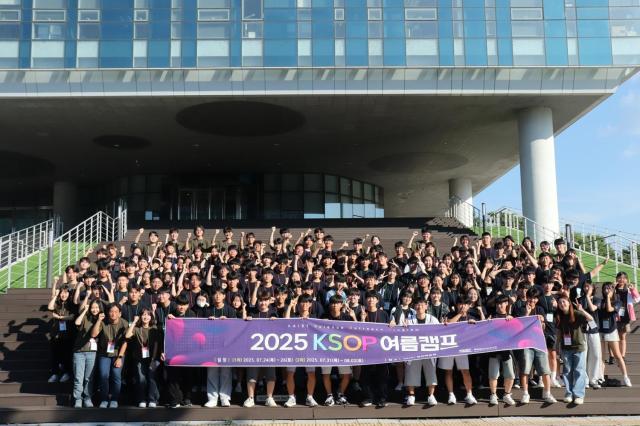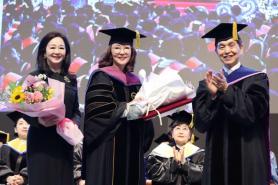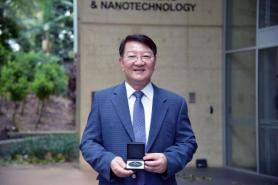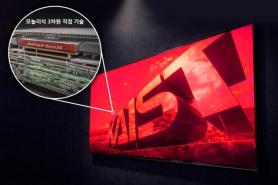
SEOUL, November 25 (AJP) - The Korea Advanced Institute of Science and Technology (KAIST) said on November 25 that it is expanding its major public science programs, including the KSOP education initiative, the OPEN KAIST festival, and non-degree IT and AI training programs for young adults and military personnel. The institute said these efforts support national policies to broaden science culture, strengthen future talent pipelines, and reinforce South Korea’s scientific competitiveness.
KAIST President Lee Kwang-hyung said the institute is committed to widening educational access regardless of background. He said KSOP and OPEN KAIST help students from different regions and socioeconomic conditions imagine themselves as future scientists. He added that KAIST will continue focusing on warm science, inclusive education, and a sustainable science culture ecosystem.
KSOP, run by the KAIST Center for Gifted Education Research, selects socially disadvantaged students with strong potential in mathematics and science and connects them with KAIST undergraduate and graduate mentors. The program began in 2015 with 250 participants and expanded to 1,000 per year by 2022. About 8,000 students have taken part so far, and more than 70 percent have continued into science and engineering fields. Some graduates return as mentors, forming a cycle of talent sharing.
The program also reaches students in areas with fewer opportunities for science education, including Jeju, Mokpo, and Andong. KAIST said these activities have helped ease regional education gaps and have become one of its main science culture initiatives. Parent sessions, family camps, and counseling programs have expanded steadily, with the fifth family camp held in 2025.
KSOP graduates and mentors operate KSOP Friends, a network that supports scholarship programs, mentoring, and donations. The effort has grown into a public small-scale recurring donation campaign known as the Kidarri Ajeossi Project.
OPEN KAIST, held every two years, recorded more than 8,000 visitors over two days in 2025, the highest number to date and more than four times the turnout in 2023. Laboratory tours were especially popular and drew long waiting lists. KAIST said it plans to expand access in future events after some visitors were unable to join because of stronger-than-expected interest.
KAIST also operates non-degree IT and semiconductor training programs for military personnel and young adults. The KAIST IT Academy provides hands-on instruction in AI, computing, and programming and enrolls about 1,000 trainees annually. The university’s SW training program, known as Jungle, graduated 308 participants between 2021 and 2024, with many joining companies such as Naver, Krafton, Team Sparta, Nearthlab, and Woowa Brothers. The program emphasizes project-based learning, practical coding experience, and mentoring by working developers.
Based on the success of Jungle, Krafton launched a related program in 2022 called Krafton Jungle as part of the company’s social contribution efforts. KAIST’s IC Design Education Center, IDEC, trains about 240 young semiconductor design specialists each year and supports their transition into industry.
KSOP received international recognition in 2024 at the Asia Pacific Conference on Giftedness, where it earned the top program prize and top researcher prize. KAIST also launched Junior KAIST in 2025 to expand science, mathematics, and AI exploration opportunities for younger students.
KAIST said it will continue strengthening its role as a public research university through national-level science outreach and talent development programs.
Copyright ⓒ Aju Press All rights reserved.




